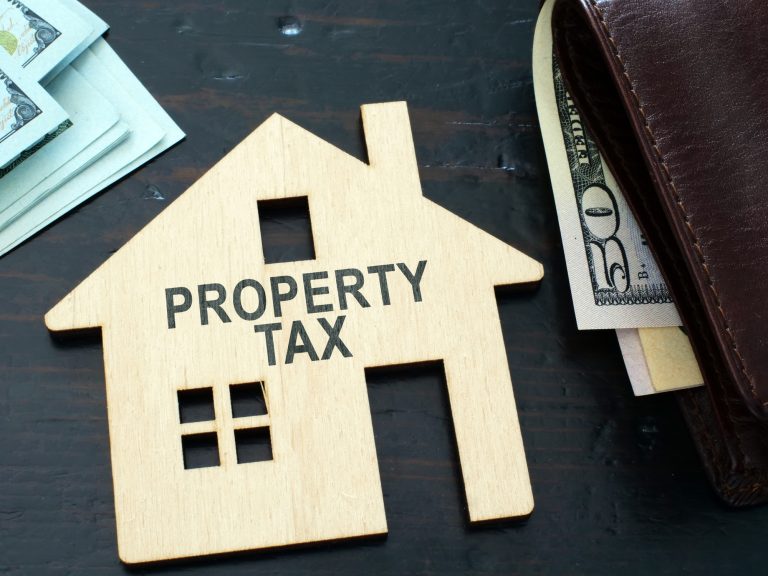Introduction
Singapore has quickly become a hub for digital finance. With initiatives such as Project Guardian and MAS’s regulatory sandbox, businesses are exploring opportunities in digital assets and tokenisation. However, one question remains a concern for many companies: how will digital assets be taxed?
Although the Inland Revenue Authority of Singapore (IRAS) has issued some guidance, companies must prepare for evolving rules on digital asset taxation. Anticipating these changes will help businesses avoid compliance risks and stay ahead in the digital economy.
Current Tax Treatment of Digital Assets
At present, IRAS provides taxation guidance mainly on cryptocurrencies and digital tokens. For example:
-
Payment Tokens (e.g., Bitcoin) are treated as barter trade when used for goods and services.
-
Utility Tokens are taxed when used to redeem goods or services.
-
Security Tokens may be treated like traditional securities, with income or gains subject to normal tax rules.
However, as tokenisation spreads into areas like bonds, equities, and real estate, the line between traditional and digital assets will blur. Therefore, businesses should expect IRAS to expand its rules accordingly.
GST Prospective Basis Registration: New Two-Month Grace Period Announced
Why Businesses Must Prepare Now
Many firms assume taxation will only become relevant once clear laws are in place. Yet this assumption is risky. Businesses that act early can:
-
Ensure Compliance: Proper record-keeping avoids disputes during audits.
-
Reduce Tax Risks: Anticipating how transactions might be taxed prevents unexpected liabilities.
-
Gain Investor Confidence: Transparent practices show credibility to stakeholders.
-
Align with Global Standards: Other jurisdictions are already developing taxation frameworks for tokenised assets.
Moreover, SMEs that plan to raise capital through tokenisation must understand how IRAS could treat digital fundraising models.
Key Areas to Watch in Digital Asset Taxation
Businesses in Singapore should monitor the following areas closely:
-
Capital Gains vs. Income Tax
-
Whether profits from digital assets are taxed as trading income or exempt as capital gains.
-
-
GST on Tokenised Transactions
-
The potential extension of GST treatment to tokenised goods, services, and securities.
-
-
Cross-Border Issues
-
How Singapore will coordinate with international tax frameworks for digital assets.
-
-
Record-Keeping Requirements
-
Companies may need to maintain detailed ledgers of tokenised transactions for tax reporting.
-
Amendment to FRS 119: Reduced Disclosures Extended to More Entities
Practical Steps Companies Can Take Today
While awaiting further clarity from IRAS, businesses can still take proactive steps:
-
Update Accounting Systems: Ensure digital transactions can be tracked and categorised properly.
-
Review Contracts: Include tax clauses in agreements involving tokenised assets.
-
Engage Tax Professionals: Licensed SCTP tax practitioners can provide forward-looking advice.
-
Stay Informed: Monitor IRAS announcements and MAS pilot projects for changes.
As a result, companies that prepare early will adapt more smoothly once formal tax regulations are introduced.
Conclusion
Digital assets are moving rapidly from the edges of finance into the mainstream. Consequently, taxation rules will evolve to match their growing importance. For Singapore businesses, preparing now is essential to avoid compliance pitfalls and seize opportunities.
Disclaimer: This article is for informational purposes only and does not constitute any professional advice. Feel free to contact us to consult with our professional advisors team for personalized advice and guidance.




